Tips for Changing Your Diet
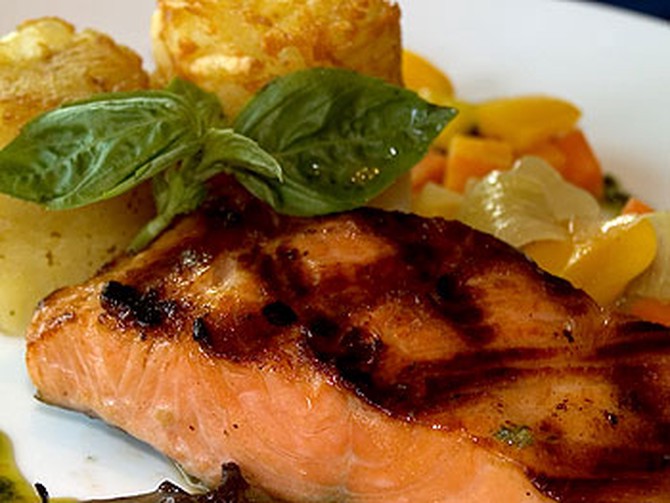
Protein
Eat your protein first at each meal and snack, because it has no effect on blood sugar. We want to keep our blood sugar level, and we don’t want spikes in blood sugar to occur because this creates an inflammatory state in the body. This is why you don’t want to eat your fruits or other carbohydrates first.
Remember this key fact: we cannot store protein in our bodies. If you want to keep your face and body firm, toned, lithe and supple, you need to provide it with a fresh supply of high quality protein every day.
The best protein sources are cold-water fish such as salmon and halibut. What makes fish stand out from other excellent protein sources is its type of fat and fatty acid content, both of which have powerful anti-inflammatory effects.
Remember this key fact: we cannot store protein in our bodies. If you want to keep your face and body firm, toned, lithe and supple, you need to provide it with a fresh supply of high quality protein every day.
The best protein sources are cold-water fish such as salmon and halibut. What makes fish stand out from other excellent protein sources is its type of fat and fatty acid content, both of which have powerful anti-inflammatory effects.
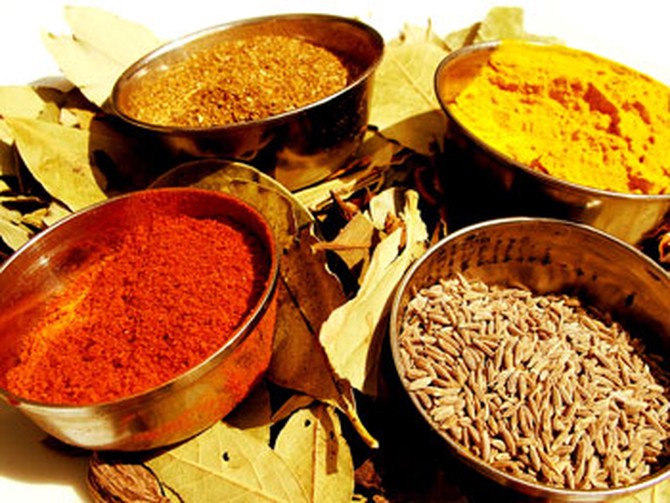
Herbs and Spices
Use fresh and dried herbs and spices liberally—oregano, ginger, cayenne pepper, basil, marjoram, turmeric, garlic and cinnamon. All of these foods perform many age-fighting functions ranging from antioxidant, anti-inflammatory abilities to the regulation of blood sugar.
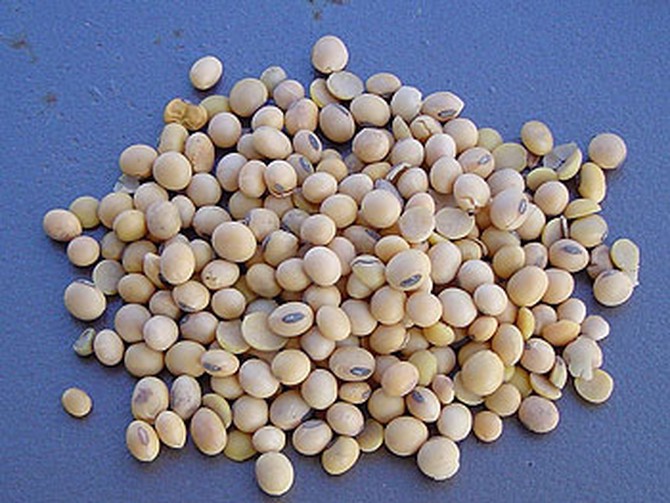
High-Fiber Foods
Incorporate high-fiber foods into your diet such as apples, barley, beans, lentils and other legumes, fruits and vegetables, old-fashioned oatmeal and oat bran. A diet rich in high-fiber foods is indispensable in controlling unwanted weight gain.

Water
Drink eight to 10 glasses of water every day. All biological functions in the body take place in water. Water is essential for the removal of wastes and toxins. If you don’t drink water, you cannot metabolize fats. A dehydrated body also provokes the development of aging, inflammatory compounds.

Organic Free-Range Poultry
Choose organic, free-range chicken and turkey for superior flavor and to avoid the antibiotics and processing of regular, commercially raised poultry.

Eggs
Choose eggs from cage-free chickens that are fed diets high in the omega-3s, such as flaxseed. These eggs are now widely available and are a much healthier choice than conventional eggs.
According to the University of Nebraska’s Institute of Agriculture and Natural Resources, omega eggs are a type of "designer egg," in which the yolk's fatty acid profile has been modified by altering the hens' diet. Specific lipids—fatty acids and fat soluble vitamins—can be modified in the egg yolk by feeding the hen increased proportions of "good" fatty acids and increased amounts of fat soluble vitamins from dietary sources such as flax seed, fish oil or bioengineered algae. Omega eggs contain increased amounts of n-3 fatty acids and decreased amounts of saturated fatty acids. The increase in yolk polyunsaturated fatty acid (PUFA) is accompanied by a substantial decrease in saturated fatty acids, creating a healthier fat profile.
According to the University of Nebraska’s Institute of Agriculture and Natural Resources, omega eggs are a type of "designer egg," in which the yolk's fatty acid profile has been modified by altering the hens' diet. Specific lipids—fatty acids and fat soluble vitamins—can be modified in the egg yolk by feeding the hen increased proportions of "good" fatty acids and increased amounts of fat soluble vitamins from dietary sources such as flax seed, fish oil or bioengineered algae. Omega eggs contain increased amounts of n-3 fatty acids and decreased amounts of saturated fatty acids. The increase in yolk polyunsaturated fatty acid (PUFA) is accompanied by a substantial decrease in saturated fatty acids, creating a healthier fat profile.

Organic Foods
Buy organic. Pesticides can leave toxic residues on plants that can harm your organ systems.
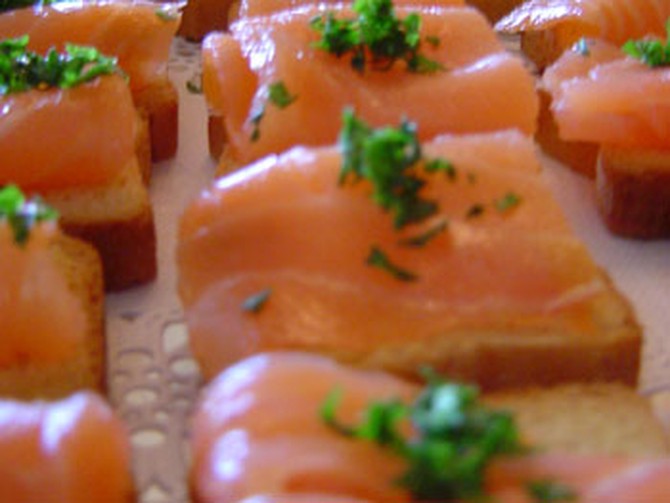
Salmon
Choose Wild Alaskan Salmon over farm-raised salmon. Wild salmon have higher levels of oil content than farmed salmon due to thousand of years of natural selection providing them with the fat reserves necessary to migrate and spawn thousands of miles. The oil contains high levels of Omega-3s, the unsaturated fat that helps fend off heart disease, psoriasis, rheumatoid arthritis, breast cancer and migraines.
Unlike nearly all farmed salmon, Alaskan Sockeye salmon, for example, grow free of antibiotics, pesticides, synthetic coloring agents, growth hormones and GMOs.
Unlike nearly all farmed salmon, Alaskan Sockeye salmon, for example, grow free of antibiotics, pesticides, synthetic coloring agents, growth hormones and GMOs.
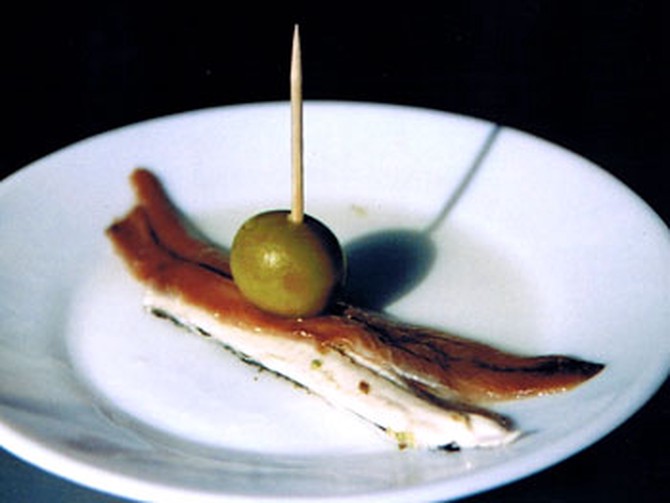
Anchovies and Sardines
Try adding anchovies and sardines to your diet. Like salmon they are rich in the omega-3 essential fats, which help accelerate weight loss. They also contain DMAE, a special nutrient that increases skin tone and decreases sagging in the face and body.
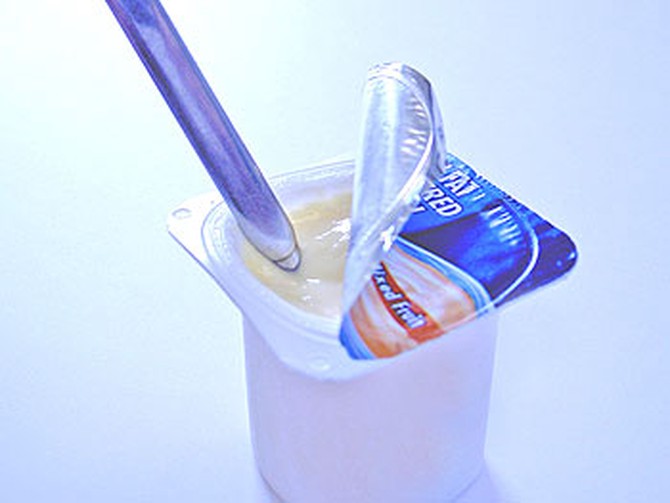
Yogurt or Kefir
Add yogurt or kefir to your daily diet—blend with fresh berries, pomegranate juice or açaí, the antioxidant rich berry from the Amazon. This will not only help your intestinal tract, research has shown that these foods promote weight loss and even fight bad breath!
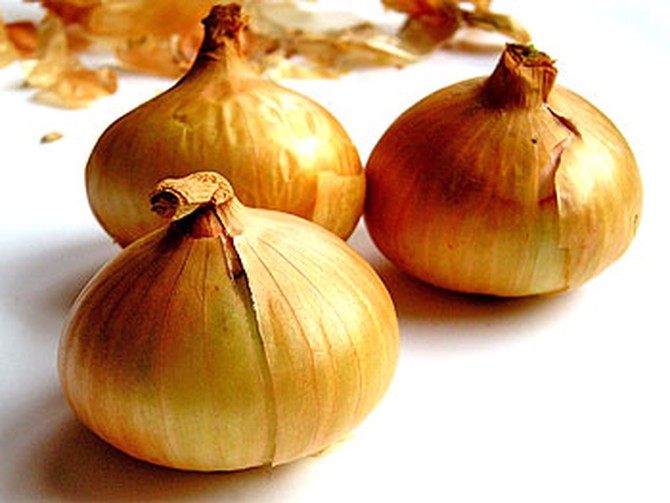
Garlic and Onions
When possible add raw garlic, scallions, chives and onions to salads and other dishes. Garlic, onions, leeks and chives contains substances that stimulate the production of glutathione (the liver’s most potent antioxidant). Glutathione enhances elimination of toxins and carcinogens, putting the Allium family of vegetables at the top of the list for foods that can help prevent cancer.
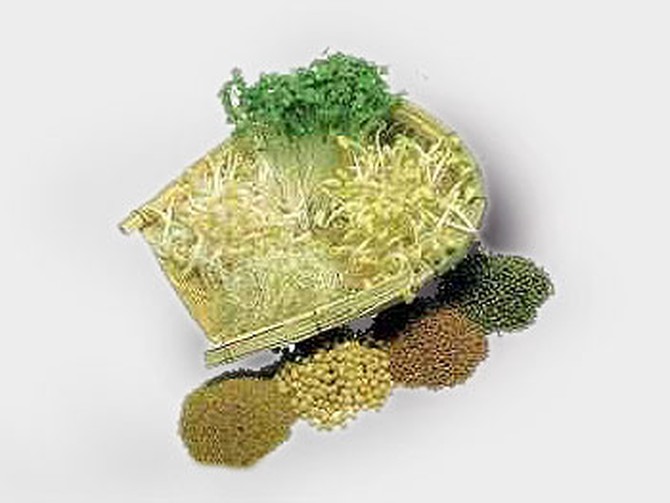
Sprouts
Enjoy a wide variety of sprouts—very low calorie but very high in age-fighting antioxidants.
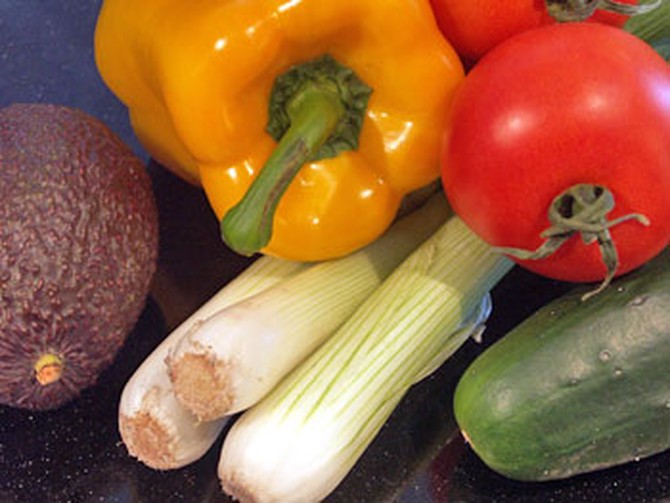
Colorful Vegetables
Buy your produce according to color—the brighter the better! Colorful plants usually have the most antioxidants.
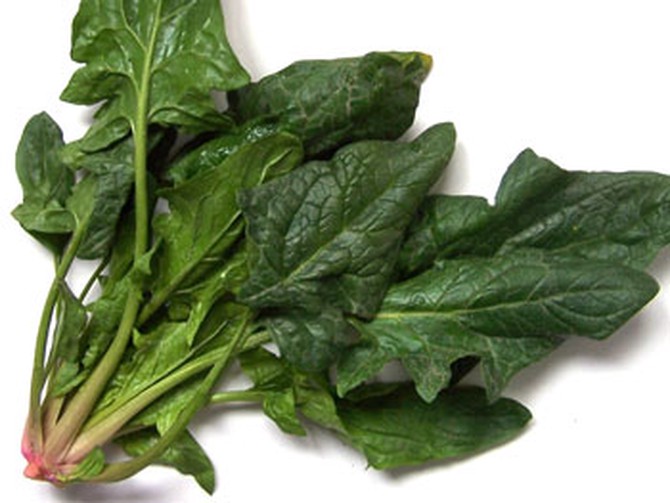
Dark Greens
When choosing lettuce for salads, the darker green the better. Choose romaine, mixed baby greens, mesclun, arugula, kale, spinach, escarole, broccoli rabe, etc.
Avoid iceberg lettuce. Iceberg has very little nutritional value compared to the darker greens.
Avoid iceberg lettuce. Iceberg has very little nutritional value compared to the darker greens.
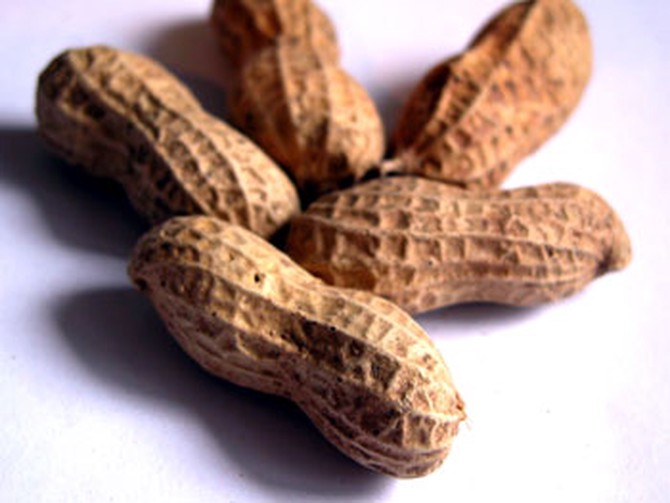
Nuts and Seeds
If you want to dramatically decrease your risk of cancer, heart disease and diabetes; control your weight with no hunger pangs and reduce the visible signs of aging (such as wrinkles and sagging skin), go for nuts. The research on nuts and health clearly shows that people who add nuts to their diet will satisfy their hunger more quickly, leading to a reduction in overall caloric intake, helping you to shed unwanted pounds, while enjoying increased energy health benefits. Just remember, as with all things, to use moderation.
When thoughts turn to food between meals, enjoy a handful of raw, unsalted nuts. Nuts and seeds also make a great addition to salads and stir-fries. They’re extremely filling and satisfying—and healthful.
When thoughts turn to food between meals, enjoy a handful of raw, unsalted nuts. Nuts and seeds also make a great addition to salads and stir-fries. They’re extremely filling and satisfying—and healthful.
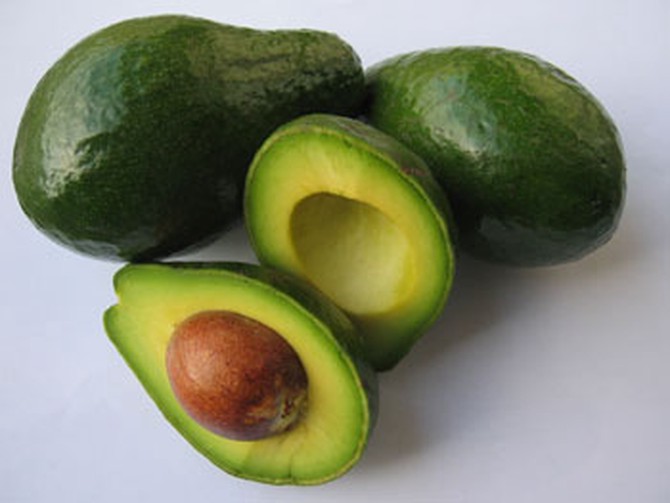
Healthy Fats
Remember the brain-beauty connection—what is good for the brain is good for the skin. So many nutrients that are key to proper brain function and good mental health and well being are the exact same nutrients that give us healthy, glowing skin. If something has a positive effect on the central nervous system, whether it is a nutrient or a pharmacological agent, it seems to also have a positive effect on the skin. It all starts in the womb. When we are developing as a fetus, all tissue is derived from three layers. Skin is derived from the same layer of tissue that brain is derived from. Therefore, there is a strong connection between the two structures.
This means eating healthy fats such as those found in salmon, nuts, avocado, acai, flax and extra-virgin olive oil.
Get the facts about Oprah and acai berry products
This means eating healthy fats such as those found in salmon, nuts, avocado, acai, flax and extra-virgin olive oil.
Get the facts about Oprah and acai berry products
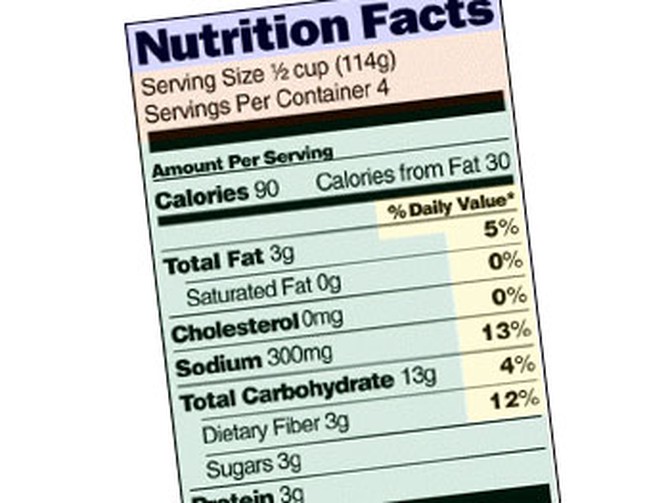
Read Labels
Learn how to read labels. Avoid foods that are processed or that contain trans fats, added sugars (such as high-fructose corn syrup), coloring, preservatives, fillers, stabilizers and chemical additives.
Try to shop in the health food section of your supermarket—but even here, remember to read the label! The label for cottage cheese, for example, should contain nothing more than cultured pasteurized Grade A milk, cream and salt.
Also look for brands that are made from the milk of cows that have not been given hormones or antibiotics.
Try to shop in the health food section of your supermarket—but even here, remember to read the label! The label for cottage cheese, for example, should contain nothing more than cultured pasteurized Grade A milk, cream and salt.
Also look for brands that are made from the milk of cows that have not been given hormones or antibiotics.
Published 01/01/2006

